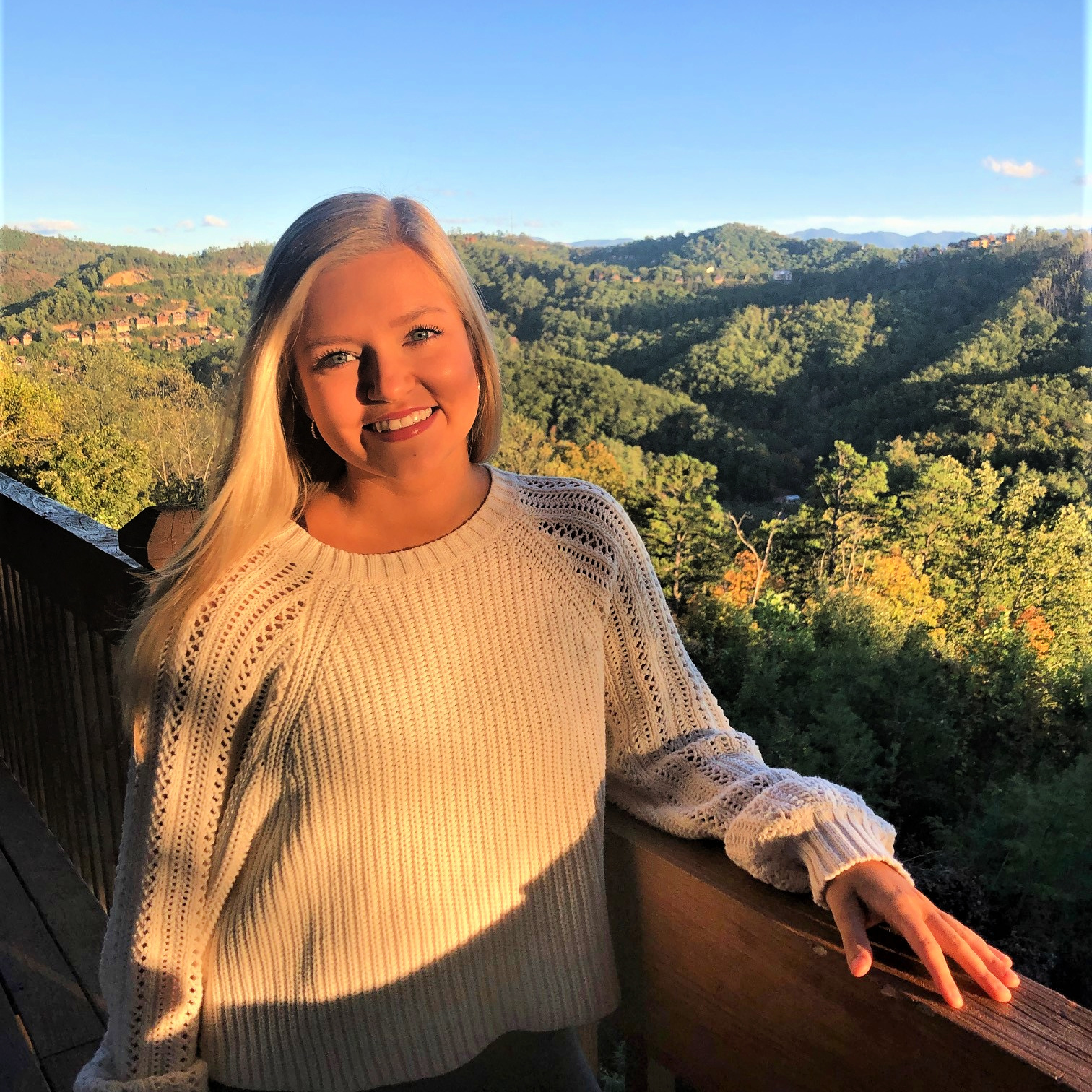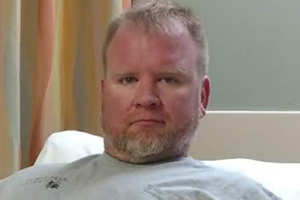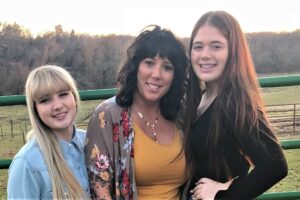When I was 19 years old, during the first week of my sophomore year of college, I awoke one morning with a strange, tight pain in my right shoulder. I assumed I had just slept on it funny, and continued about my day as usual. The pain didn’t seem to let up, even after I took a few ibuprofen, so after consulting my mom I thought maybe I had pinched a nerve somehow in my sleep. Given that I was an otherwise healthy, active person with no health conditions, I decided it would be best to just wait it out.
The next morning the pain was worse, and while getting ready, I noticed that my right arm all the way down to my fingertips was noticeably swollen and bigger than my left arm and hand. At this point I was decidedly concerned, but still brushed it off, as I otherwise felt totally fine. That night, however, I became acutely aware that something was very wrong, and I experienced my first ever panic attack. My friends comforted me, and we agreed it would be best to go to the ER first thing in the morning, rather than deal with long waits and exhausted doctors by going in the middle of the night.
The next morning after going to my friend’s birthday brunch, still convinced that everything was fine, I finally went to the ER. The nurse looked at my now absurdly swollen and tight-feeling right arm, and asked me questions about my lifestyle. No, I didn’t smoke. No, I didn’t have a family history of blood clots. Yes, I was on an oral combination birth control. They sent me back for an ultrasound of my shoulder, and the tight-lipped, grim expression on the ultrasound tech’s face confirmed what I had begun to fear after a quick Google search. The doctors discovered that I had a deep vein thrombosis (DVT, or a blood clot in a vein) in my right shoulder, and a CT scan revealed a pulmonary embolism (PE, or blood clot in the lung).
My mom rushed to make the 3.5 hour drive to the hospital, and held my hand as blood thinners were injected into my abdomen and doctors monitored my heart and lungs for any signs of traveling clots or further complications. That night I couldn’t sleep, forcing my mom to stay up and watch Netflix with me because every time my eyes started to close I was convinced I would die in my sleep.
As an otherwise healthy, active young woman, I had no idea the risk I was taking by being on oral contraceptives. Not only did I have to discontinue the birth control that had helped to clear up my acne and regulate my heavy periods, but now I had to take a daily blood thinner, which made me terrified to ever step foot into a car that could crash and leave me to bleed to death. I was also fearful that at any second another clot could form and break off into my lungs, heart, or brain, killing me instantly. I barely slept for months, wracked with panic attacks and severe depression that made my grades slip and my relationships with my friends suffer.
I have now been off of blood thinners for over a year and a half, and while I still suffer from anxiety and panic attacks, learning more about the risk factors for blood clots and the mental effects patients experience has greatly improved my mental health and wellbeing. The National Blood Clot Allowance has empowered me with knowledge and the feeling that I am not alone. I am passionate about making sure young women are informed about the risks of birth control and the symptoms of blood clots, so that no one has to face the surprise and terror that I felt at my diagnosis, as birth control was my only risk factor. I am also a proponent of holistic healthcare, as my mental health following my blood clots was not addressed by doctors, despite the fact that research has shown that anxiety, depression, and fears of a clot recurrence are extremely common among blood clot survivors. Ultimately, I hope sharing my story and being a vocal ambassador for the NBCA will convince others to take their health and symptoms seriously, both physical and mental, no matter your age or health history.
MORE INFORMATION AND RESOURCES:
- Join our online peer support community to connect with other people who have experienced a blood clot.
- Read more about birth control and blood clot risks, and take NBCA’s Birth Control and Blood Clots Risk Assessment
- Read more stories, or share your story with NBCA.




